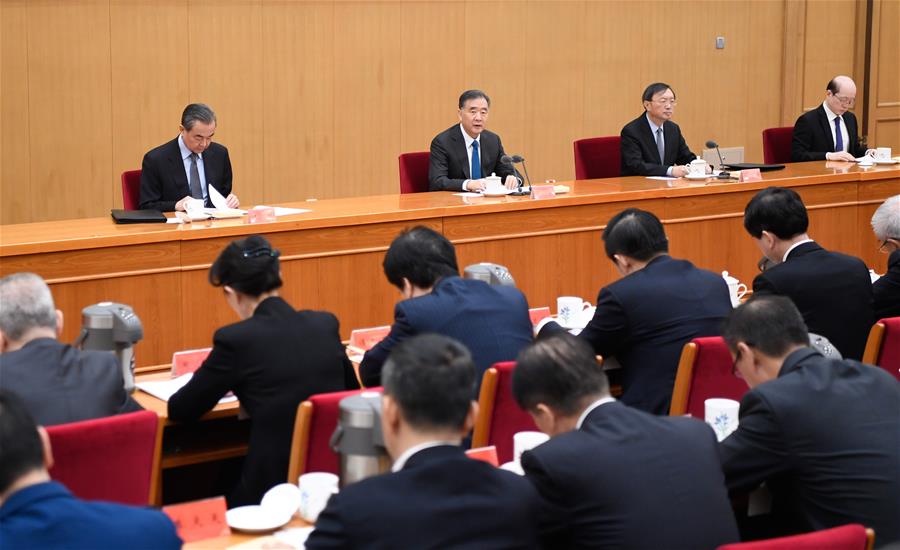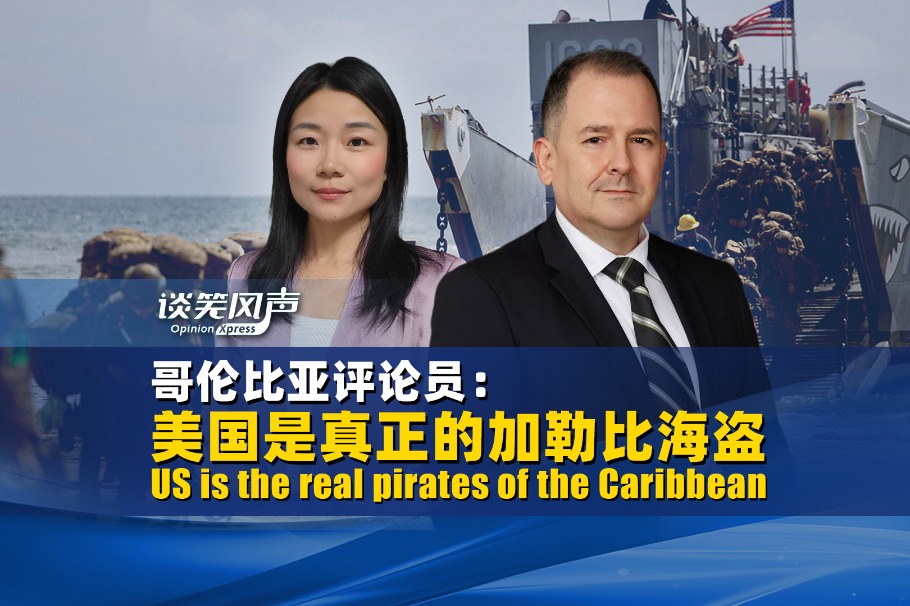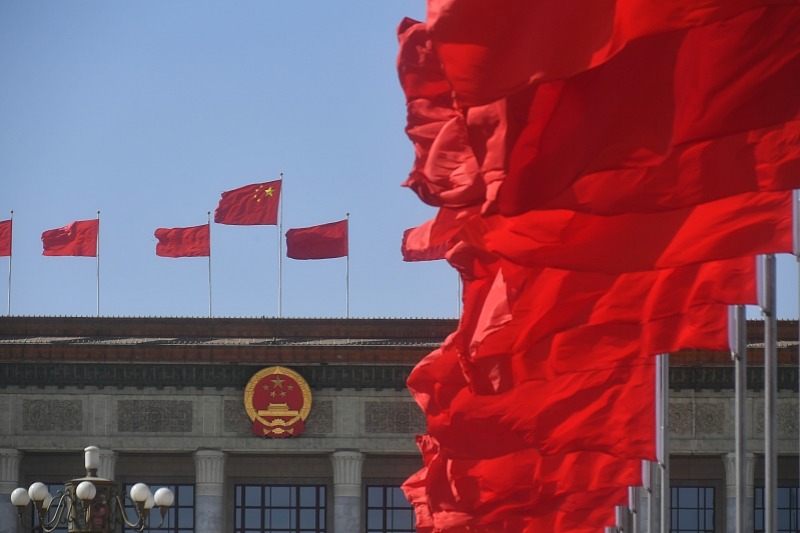Better cross-Straits relations can help island boost its economic growth


A recent online poll showed about 80 percent of the netizens in Taiwan don't believe Su Tseng-chang can significantly promote economic growth after succeeding Lai Ching-te as the island's executive head, according to CTnews, a digital media outlet. The netizens' views are based on the past records of how much positive impact a change in the island's ruling party or "cabinet" leaders has had on economic development.
The Taiwan economy grew at an average annual rate of 9 percent from 1962 to 2000, making the island one of the top "Asian Tiger" economies, as well as creating an overall affluent society.
But since 2000, when the "pro-independence" Democratic Progressive Party assumed the island's leadership for the first time, Taiwan has seen a constant outflow of resources, a slowing economy, a growing gap between the rich and poor, stagnating wages, a widening fiscal gap, and an aging urban and rural society.
The annual growth rate of the Taiwan economy was about 3.4 percent from 2001 to 2008, close to one-third of the rate between 1962 and 2000. What are the main causes of this drastic slowdown? And how can Taiwan accelerate economic growth?
Although it occupies a relatively good position in the global economy, Taiwan is a small economy suffering the disadvantage of limited resources and a small hinterland market.
Therefore, compared with large economies, the island needs to more urgently cooperate and integrate with the world economy. First, it has to introduce more friendly and open policies to improve the investment environment and adopt more liberal trade practices to promote imports. And second, it has to reach agreements with other economies to promote free trade and sharpen the competitiveness of its products in the world markets to increase exports.
The island's economy worked well from the 1960s to the 1990s when the United States, the European Union and Japan were drivers of the world economy, and the Chinese mainland's economy was still to take off. Thus, cross-Straits ties had little influence on the island's economy at the time, and establishing good relations with the US, the EU and Japan was enough for the island to reap the fruits of fast-paced economic development by exploiting global resources and markets.
However, with the rise of the mainland, much has now changed in the world economy. The mainland has become both the "factory" and market of the world, and therefore greatly influences the Taiwan economy.
Thanks to successive Taiwan authorities prioritizing politics over their mainland policies, cross-Straits relations have not been normalized, preventing the liberalization of trade across the Straits, which is critical to Taiwan's economic survival.
Deliberately maintaining a distance from the mainland market, the island, unlike in the past, is unable to make good use of world resources and world markets, which have significantly undermined investors' confidence in and outside Taiwan. Plus, the cost of production has been constantly rising on the island, leading to the flight of capital and industries, and the marginalization of its economy in the world.
The shortage of investment and lack of free trade are apparent causes of the slowdown of the island's economy. But the root cause is the uncertainty in cross-Straits relations, for it has prevented the island from fully integrating in the global economic machine.
With economic globalization and regional integration, as well as the growth of the mainland as a major center of globalization, the development of the island's economy fundamentally depends on peaceful and stable cross-Straits relations, and the economic integration of the two sides.
Or else, the island's economy will be further marginalized, resources and capital will keep flowing out, its industrial innovation and economic transformation will slow down further, and the gap between the rich and the poor will widen. As a result, in the next 20 to 30 years, the island's economy would be stifled.
This is to say, for Taiwan, poor cross-Straits ties will lead to a poor economy, and only through improved cross-Straits relations can the island's economy prosper.
The author is the deputy director of the Taiwan Research Center, Xiamen University.


































